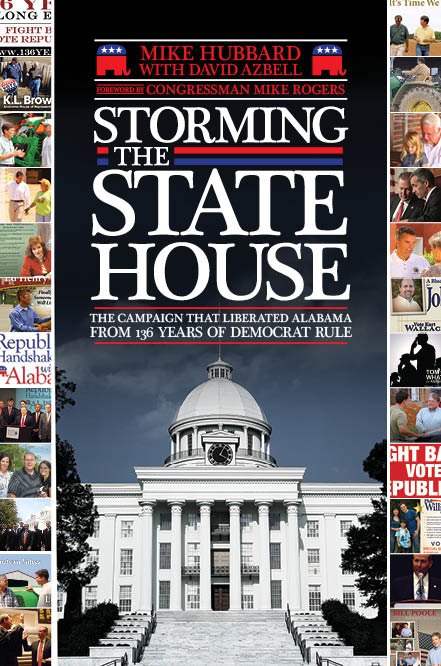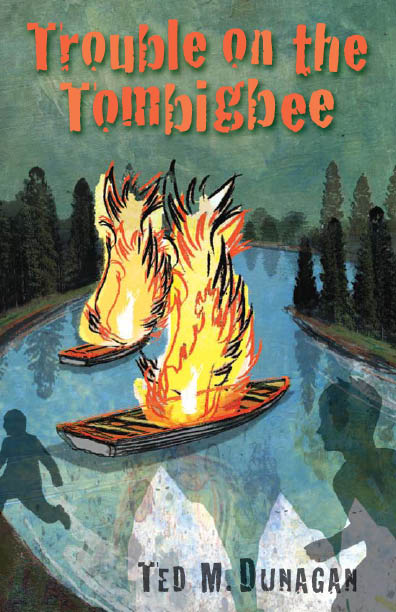Memoirist Sue Pickett shares an economics lesson, still meaningful
Wednesday, June 27th, 2012 by Randall Williams In the current Great Recession, some 8 to 9 percent are officially unemployed; many more—especially among groups such as minorities, the young, those without high school diplomas, those 55 and over—are omitted from the official statistics because they have quit looking for jobs. Still, there’s a huge difference between 9 percent and the 25 to 30 percent that were unemployed during the Great Depression of the 1930s (or now in some European countries).
In the current Great Recession, some 8 to 9 percent are officially unemployed; many more—especially among groups such as minorities, the young, those without high school diplomas, those 55 and over—are omitted from the official statistics because they have quit looking for jobs. Still, there’s a huge difference between 9 percent and the 25 to 30 percent that were unemployed during the Great Depression of the 1930s (or now in some European countries).
For those U.S. families whose breadwinners are still working and who didn’t lose their homes to foreclosure, etc., what we have been going through since the last half of George W. Bush’s administration mostly passes without personal pain. Small wonder then that the average citizen ignores the debates around economic policy, the safety net, and the nature and role of government itself; such matters are left to the special interests, the pundits, and, sadly, the talk radio and faux news show hosts.
Around the office, we have been proofreading the forthcoming The Path Was Steep by Suzanne Pickett. This is a small gem of a book, a memoir by an Alabama woman who was a young wife and mother during the Depression, in the coal camps of north Alabama and for a time in West Virginia. This will be a new edition of a book that we first published in the 1990s and that has been out of print for several years.
Mrs. Pickett died a few years after we initially published her book. She was, as her memoir proves on every page, one of those spirits who make you feel more alive by knowing them. Though she was self-taught as a writer, she had a natural storytelling gift and the ability to express a scene so that you feel present in it.
Two or three of our young staffers and interns have remarked while copyediting and proofreading the page galleys of The Path Was Steep that it made them for the first time understand the Great Depression. Here’s an excerpt of a few pages from the memoir, in a chapter from the period when Mrs. Pickett’s husband David had found work in a West Virginia coal camp:
One afternoon, as we ate supper, a small boy and girl appeared at the kitchen door. The little girl was about ten and had a curious, old-woman look in her face. The boy, a year or so younger, stared at a plate of leftover boiled corn.
“Have you had supper?” I asked gently.
The girl’s face reddened. “We was just going to ask if you have any food to spare.”
“Of course there is food.” I took down two plates.
“Could we have it in a poke?”
“Are there others?” I asked.
“Mommie and Aunt Bess and three small children.”
“Where do you live?” I asked.
She bent her head, and her face reddened again. “Nowhere.” It was only a breath. “We—we’ve got people over the mountain.”
“Where did you sleep last night?” I put my arm around her shoulders.
“Down the road.” She raised her head. “I aim to pay for the food. I’ll wash dishes,” she said.
“You slept outdoors?”
“We built a fire. Hit wasn’t cold.”
Nights in the mountains were always cold. “Go tell your folks to come here for supper,” I said.
“If you’ll let me work. I aim to pay.”
“If that’s the way you want it,” I agreed. I knew the stern pride of the mountaineers.
“That’s the way hit has to be,” she said.
I stirred the fire in the kitchen stove, sliced salt pork, put it in a pan at the back of the stove, and ran to the garden. The pork just needed turning when I returned with corn, tomatoes, onions, and lettuce. By the time the corn bubbled on the stove in salted water, with a little butter added for flavor, and biscuits were browned, the girl was back with her family. The women, young and fair, looked tired and hopeless. The smaller children were shy, hardly speaking. After supper they were all a little more cheerful.
The girl’s name was Irene. She washed her hands, cleared the table, and began to wash dishes. One look at her face, and I didn’t interfere.
“You got some soap we could have?” her mother asked. “We ain’t washed no clothes since we left Pennsylvania.”
“How did you travel?” I took a bar of Octagon laundry soap from a pantry shelf.
“Rode a freight. They found us at the state line and throwed us off the train. Said if hit wasn’t fer the children, they’d a throwed us in jail.”
Irene swept the kitchen floor, then carried water to wash the clothes. They hung them up on my lines and stayed until dark; then the aunt said, “You mind if we sleep in yore yard?”
“We’ve plenty of room for all of you,” I said, my throat dry.
“Just make us a pallet,” she smiled listlessly.
But I crowded Sharon and Davene into bed with David and me, so the women could have a bed. Perhaps it was the first they’d slept in for many nights.
Irene spread their bedding on the floor. It was dirty and mud-stained. I offered my only clean sheets for cover. “I mean to pay,” her eyes were fierce gray. “I’ll sweep yore yard in the morning.” She had watched as I put the girls to bed, first kneeling with them for their prayers. She knelt and whispered, and I saw tears falling from her hands between her fingers.
I fought back tears. How had she kept her pride? Her mother, aunt, and the smaller ones had the very smell of the Depression about them. Pride, if they ever possessed it, and most mountaineers do, was gone and there was a trapped, animal look—I couldn’t describe it, but when David came in from work the next day, I knew. It was the look of cheap, shoddy, used goods.
There was two dollars in my purse. I didn’t even dare look at the fireplace, but slipped the money to Irene’s mother and gathered corn and tomatoes, found half a box of crackers and some cheese, and put them in a bag just before they left the next day.
Irene washed dishes, swept the floors, and was sweeping the yard when her mother called. “Time for us to git on.”
“I done what I could,” Irene told me.
“You did more than you should,” I stooped to kiss her.
She threw her arms around me and gave a big, gasping sob. “You are so good, as good as any angel,” she wept.
“Oh, no,” I whispered and held her close. “Why don’t you visit with us for a week or so?” I asked. I’d bathe the child, cut her hair, make her a dress. “All right?” I asked her mother.
“You can have her fer good if you want,” indifferently.
I looked at Irene, dreading to see the blow strike. But her eyes grew luminous and she ran to her mother. “I have to go with Mommie! I have to!” Her face grew protective, tender, burning with love, and suddenly I understood. The mother was whipped, cowed. Nothing was left to her, not even love for her children; but this child was not whipped. Somehow, Irene would get them through this Depression, if it ever ended, as a golden voice over our $14.50 portable radio promised over and over that it would end.
As they started away, Irene darted back to whisper fiercely, “Don’t think Mommie wants to give me away. She just wants to get a good home fer me.”
“Of course she does.” I kissed her, and her face lighted at my words. I offered them as a sacrifice to the child, and if He will accept a lie as a sacrifice, I offered them to God, for I knew the words to be a lie. Irene’s mother would be happy to be rid of the child. But no earthly power could make Irene believe this. Her love was so overwhelming that she wrapped it like a warm blanket around her mother. She was a swamp blossom. Pure gold, growing from black swamp mould. Perhaps her love would be strong enough to save her mother.
Sadly, there were not enough Sue Picketts in the 1930s to save or even help all the Irenes. But brick-by-brick, led by that golden voice that resonated on the Picketts’ $14 radio, Congress built the New Deal safety net programs, expanded during the 1960s by the Great Society legislation, that today by and large keep our Irenes fed, clothed, and housed during hard times. Today these programs are threatened. We should tread carefully before we dismantle them.



 Bob Zellner, civil rights activist and author of
Bob Zellner, civil rights activist and author of 
